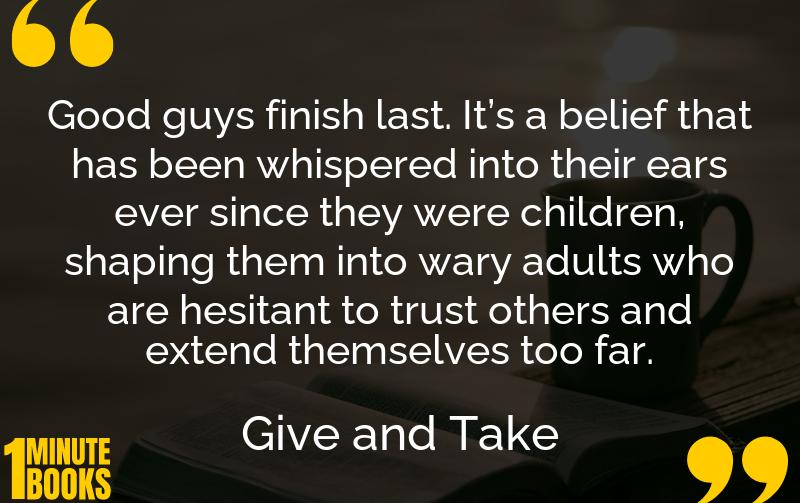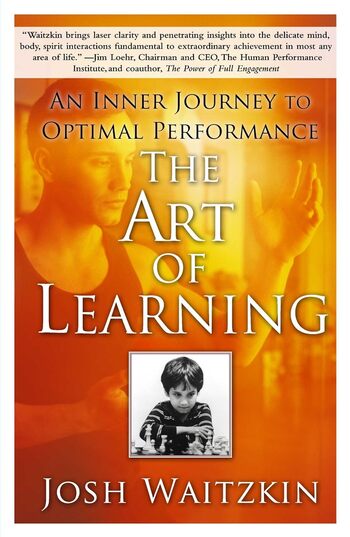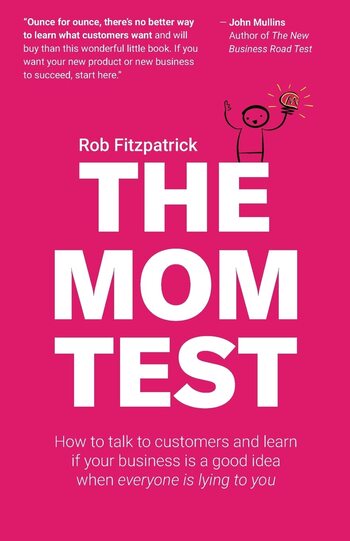
Adam Grant’s ‘Give and Take’ explores how our approach to interactions—as givers, takers, or matchers—affects success, focusing on effective networking, collaboration, and leadership.
Main Lessons
- Success is increasingly reliant on how we interact with others rather than solely on personal qualities like hard work.
- People operate as givers, takers, or matchers in their interactions, each affecting success differently.
- Givers succeed by sharing without expecting returns, emphasizing generosity in knowledge and connections.
- Takers often gain power by impressing superiors but risk relationships with peers.
- Matchers seek fairness, rewarding givers and punishing selfishness.
- Building strong networks provides access to diverse skills and information.
- Weak ties can be more beneficial than strong ties for new opportunities.
- Identifying takers involves observing self-centered behaviors.
- Vulnerability and powerless communication can build trust and influence.
- Reconnecting with dormant ties can offer new information while maintaining trust.
- Givers are receptive to advice, which strengthens their negotiation tactics.
- Managers can catalyze self-fulfilling prophecies by believing in employees’ potential.
- Organizations should evaluate and reward the positive impact individuals have on others.
- Community and group identity foster a giving culture.
- Expressing giver values at work enhances success and meaningful impact.








